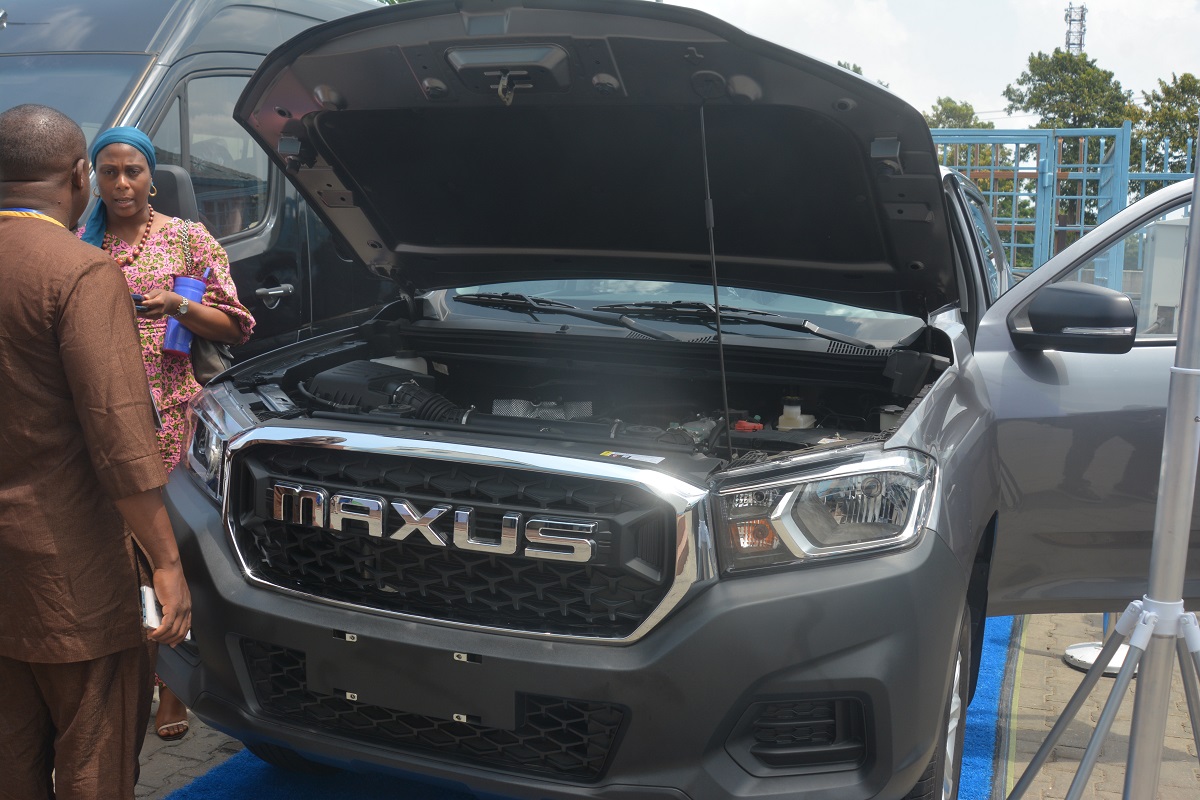In order to make the Compressed Natural Gas (CNG) conversion kits easily accessible to Nigerian motorists, Chief Executive Officer (CEO)/Programme Director of the Presidential Compressed Natural Gas Initiative (PCNGI), Engr. Michael Oluwagbemi, has revealed that it is currently in talks with some financial institutions. He disclosed this in Lagos last week at a training workshop organised by the Nigeria Auto Journalists Association’s (NAJA).
He added that this is aside the injection of $250 million in the past 12 months by the federal government in the procurement of conversion kits.
He listed InfraCorp, Bank of Industry (BoI) and Development Bank of Nigeria (DBN) as some of the financial institutions the government was working with to ease the conversion costs for vehicle owners.
Oluwagbemi, who was represented at the event by a PCNGI official, Mr. Olayinka Rufai, said the government planned to convert a million petrol and diesel powered-engine vehicles to run on CNG by 2027.
He assured Nigerians of the safety of CNG-powered vehicles either obtained from credible auto firm or converted at any government-approved centre.
He said the Standard Organization of Nigeria (SON) and the National Automotive Design and Development Council (NADDC) had been part of the safety and standard regulations for the project.
He specifically said the SON had provided over 80 standards on the CNG, while the NADDC handles the conversion centre accreditation and conversion kit certification.
“Let me be clear — CNG is not only safe but, in many ways, even safer than traditional fuels. CNG cylinders are rigorously tested to withstand high pressures, and because natural gas is lighter than air, it disperses quickly in the highly unlikely event of a leak, reducing the risk of fire,” he stated.
Oluwagbemi commended NAJA for organising the event and its consistent commitment to informing and educating the public about advances in the nation’s auto industry.
He particularly noted that the theme, ‘CNG/LPG/EV Initiative: Challenges, Sustainability, Opportunities, Alternatives to Fossil Fuels in Nigeria’ was timely, speaking not only to the nation’s energy and environmental goals but also to a larger economic vision.
On the possibility of producing the conversion kits in Nigeria, he said “We do not want to replace the importation of fuel with the importation of equipment.
“In government’s ambitious mission to convert a million commercial vehicles in three years (amongst other targets) there lies an opportunity to establish local production of these conversion kits and their components.
“As such we are in advanced stages of preparation to set up industrial parks where CNG related equipment, materials, and components are produced.
“We have identified the central and well-suited Ajaokuta Steel Complex for the first of these parks. We have identified manufacturers of conversion kits, cylinders, and even tricycles who have all indicated interest in establishing facilities to assemble or produce from scratch.”













